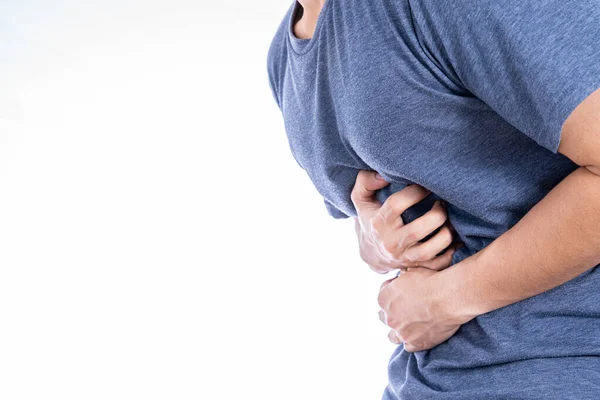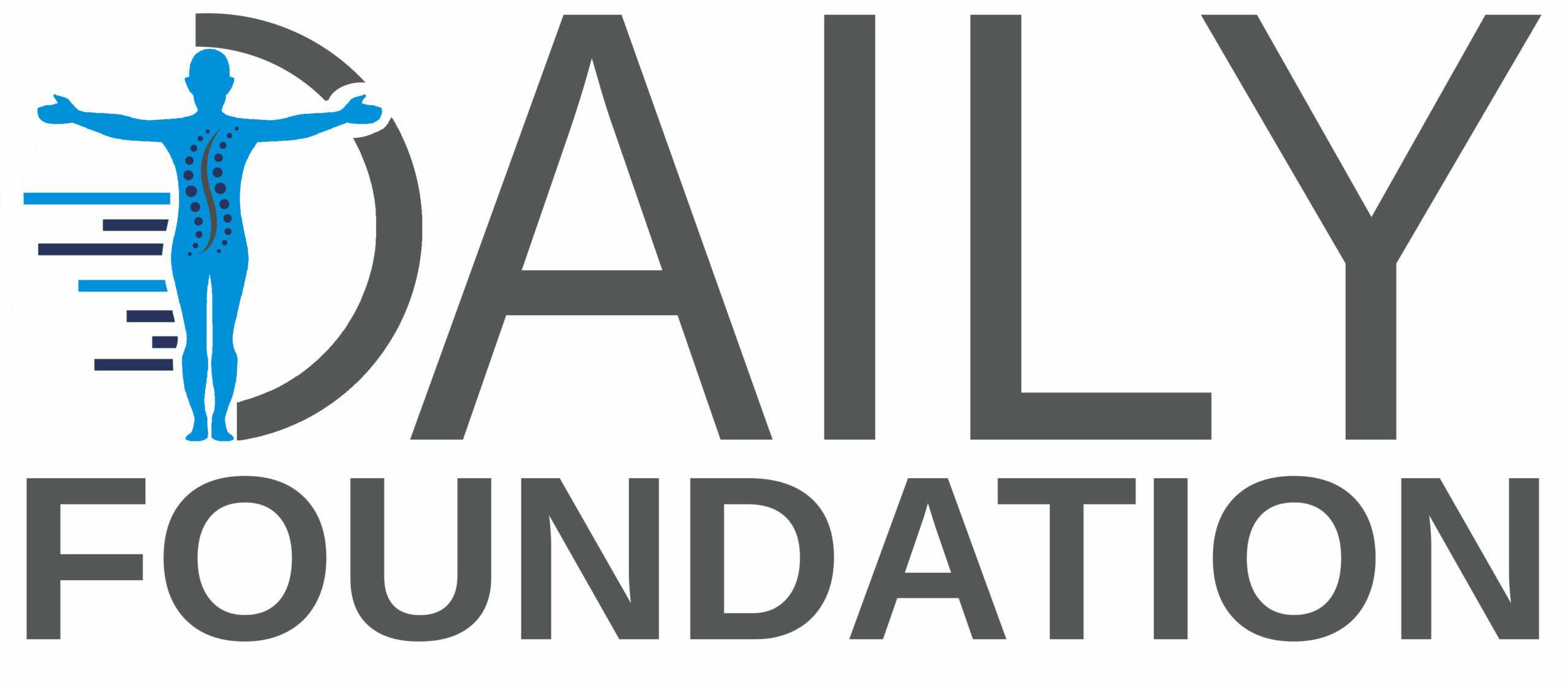Body aches can result from tiredness or exercise and commonly occur with infections such as the flu. However, they can also be a symptom of an underlying condition, such as fibromyalgia, arthritis, or lupus.
While body aches are often no cause for concern, it is helpful to understand what causes them and when to seek medical attention.
This article assesses common causes and treatments for body aches.
Signs and symptoms

Body aches can vary in intensity and frequency. A person may describe them as sharp, intermittent pains or a dull but persistent ache.
These aches can occur anywhere in the body, and the location of these aches will depend on their cause. For example, aches from exercise exertion may occur in the muscles, while some underlying conditions cause less specific aches.
Additional symptoms
If body aches are due to a medical condition, a person may experience other symptoms as well, such as:
- weakness
- fatigue
- shivers or changes in body temperature
- cold and flu-like symptoms
Possible causes
Body aches may occur for many different reasons. Most are easily treatable and relatively harmless, but sometimes body aches can be due to more serious medical conditions.
Possible causes of body aches include:
Fibromyalgia
Pain, fatigue, and muscle stiffness are all symptoms of fibromyalgia, a long-term condition that causes aches and pains throughout the body.
Fibromyalgia may result from the way the central nervous system processes pain messages when they occur in the body.
Infections and viruses
The flu, the common cold, and other viral or bacterial infections can cause body aches.
When such infections occur, the immune system sends white blood cells to fight off the infection. This can result in inflammation, which can leave the muscles in the body feeling achy and stiff.
Medications
Some medicines and drugs, such as statins and blood pressure medications, have side effects that make the body feel sore, stiff, and achy. Withdrawal symptoms from alcohol and certain drugs, including cocaine and opiates, can also have a similar effect.
Fluid retention
When the body retains fluid, swelling and inflammation may develop, resulting in muscular aches and pains. A person may also experience sharp, localized pains and cramps.
Conditions that can lead to fluid retention include:
- thyroid problems, especially an underactive thyroid (hypothyroidism)
- congestive heart failure
- cirrhosis of the liver
- severe malnutrition
- chronic kidney disease and nephrotic syndrome
- venous insufficiency
- problems with lymphatic drainage
Hypokalemia
Hypokalemia is when a person has low potassium in their bloodstream. Low potassium affects how nerves and muscles function, resulting in muscle cramps, aches, and weakness.
Stress
Stress can cause tension in the body and can also impact the immune system. This may make the muscles feel stiff, as well as affect the body’s response to inflammation and infection.
Dehydration
Dehydration can negatively affect the skin, muscles, and joints. It can increase the risk of muscle cramping and arthritic joint pain.
Lack of sleep
Aching and general pain can be both causes and symptoms of sleep deficiency. People who experience chronic pain often find it hard to sleep, which, over time, can lead to exhaustion. In turn, exhaustion can lead to aches and further pain.
Lack of sleep also affects the body’s ability to repair tissues and cells. When the body does not have sufficient time to repair and recuperate, a person may experience aches and pains more frequently.
Pneumonia
Pneumonia is a lung infection that can be very dangerous without treatment. Pneumonia may result in an inability to get enough oxygen into the body.
Without enough oxygen, red blood cells and tissues in the body cannot function properly, which may cause aches and pains.
Chronic fatigue syndrome (CFS)
In a similar way to a person who does not get enough sleep, someone with CFS may experience muscular aches in addition to insomnia, exhaustion, and weakness.
Arthritis
Arthritis is a condition that causes inflammation and pain in the joints. Arthritis can result from wear and tear on the body or an autoimmune condition that causes the immune system to attack the healthy tissues that line the joints.
Autoimmune disorders
Various autoimmune disorders can cause body aches. These include:
- Lupus: This occurs when a person’s immune system begins to attack healthy tissues, causing inflammation.
- Myositis: This is an inflammation of the muscles. Other symptoms of myositis include fatigue and a general feeling of being unwell.
- Multiple sclerosis (MS): This is an autoimmune condition that affects the central nervous system. People with MS feel body aches and pains because the tissue surrounding their nerve cells has broken down due to persistent inflammation.
Home treatments
A doctor will prescribe treatment for any underlying condition that causes body aches and pains, but a person can also try the following remedies to help alleviate the discomfort:
- Resting: This allows the body time to repair and recuperate.
- Drinking plenty of fluids: Staying hydrated can help ease achiness caused by dehydration.
- Taking over-the-counter medications (OTC): Non-steroidal anti-inflammatory drugs (NSAIDs), which can reduce pain and inflammation.
- Having a warm bath: The heat can help relax muscles and ease tension in the body.
- Regulating temperature: This may include reducing a fever, keeping warm, or staying cool to alleviate shivering and prevent the muscles from seizing up.
When to see a doctor
A person should see a doctor if they experience:
- persistent pain that does not improve with home remedies
- severe pain, especially if there is no apparent cause
- any body aches or pains that occur with a rash
- body aches and pains after a tick bite
- body aches or muscular pain accompanied by severe skin discoloration or swelling
- body aches caused by a particular medication
- a persistent fever
Other symptoms that can accompany body aches may require emergency medical attention. These include:
- severe water retention
- difficulty swallowing, eating, or drinking
- vomiting, particularly with a high temperature or fever
- shortness of breath
- a stiff neck
- changes in vision
- extreme exhaustion that does not go away
- sensitivity to light
- weak muscles or inability to move part of the body
- fainting or loss of consciousness
- a seizure
The doctor can help diagnose the cause of body aches and determine if treatment is necessary.
Summary
Mild body aches that improve over time and ease with rest, rehydration, and OTC treatment are usually no cause for concern.
However, body aches can also indicate a more serious underlying condition.
If a person experiences frequent body aches or aches alongside other, more severe symptoms, they should speak with a doctor for proper diagnosis and treatment.
SOURCE
